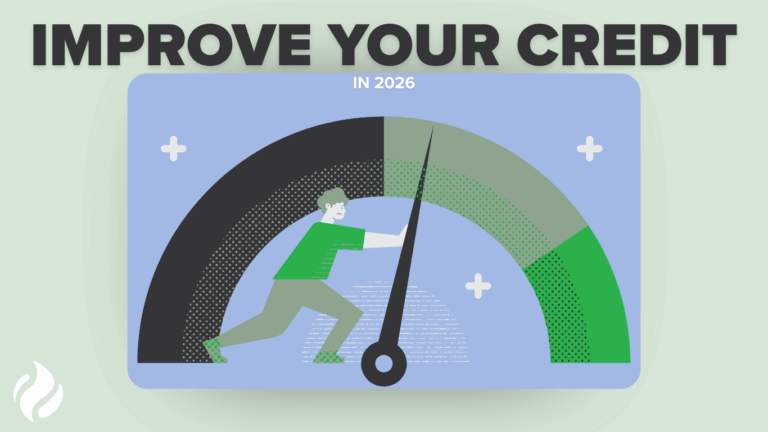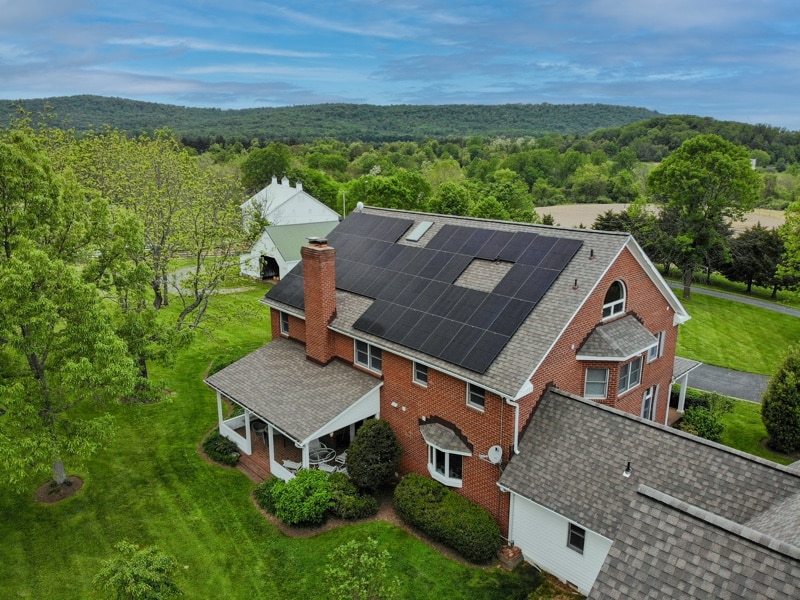
The necessity for a global transition to clean and renewable energy continues to become more crucial, as global events from the past few months have shown us. With a growing demand for renewable energy sources, governments across the globe are increasingly becoming more aware of the impact that reliance on fossil fuels has on their nation’s economy. The Russian invasion of Ukraine has placed European countries in an energy crisis, where renewable energy sources have quickly become their saving grace. As the world shifts away from fossil fuels, important recent events have propelled the progress of implementing renewable energy sources, making them more affordable and accessible to all.
New $4.6 Billion plan for “Green Ammonia” plant in South Africa
Hive Energy Africa has recently announced its plans to construct a $4.6 billion plant in South Africa that will facilitate the production of “Green Ammonia”. Typically, the industrial production of ammonia uses an abundance of fossil fuels and is responsible for 1.8% of all global CO2 emissions. With this new plant, the energy used to produce ammonia will be sourced from a nearby solar farm, and the massive amounts of water needed will be sourced from a nearby table salt factory that desalinates seawater. This new method is expected to drastically decrease the use of fossil fuels in ammonia production. The construction is projected to begin in 2026.
EU producing record wind and solar energy in response to Russian gas avoidance
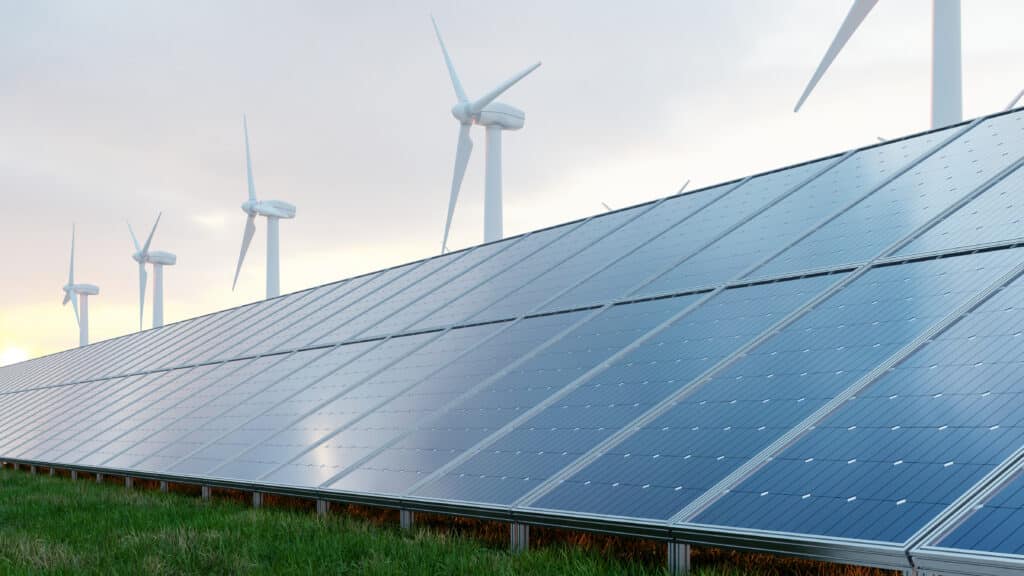
As the conflict in Ukraine continues, diplomatic strains between the European Union and Russia have caused a fossil fuel energy crisis across the European continent. To deter their reliance on Russian gas, European countries have begun to produce record amounts of wind and solar energy. In 2020, before the invasion of Ukraine, the European Union imported 41% of its fossil fuels from the Russian Federation. Since the invasion, wind and solar energy have grown to make up 24% of their energy mix, having the dual effect of avoiding Russian gas imports and combating rising inflation in the affected countries. Out of the 27 countries in the European Union, 19 have achieved record wind and solar production since March of this year.
Cost-effective method to recycle solar panels found by an Australian Research team
One of the undeniable criticisms of solar energy is the waste by-product from decommissioned solar panels. Thankfully, an Australian research team at the University of New South Wales has come up with a process that will be able to recycle the valuable materials in photovoltaic solar panels and reduce their waste weight to 2-3% of their original weight. The process uses something called “electrostatic separation” to collect the silver and copper within the panels and the aluminum frame to be removed and recycled. With the growing push for the implementation of solar energy, a massive amount of decommissioned solar panels will need a process to recycle and thanks to the research team at the University of New South Wales, the world now has a potential solution.
Payback period for wind and solar decreases to one year amid the fossil fuel crisis
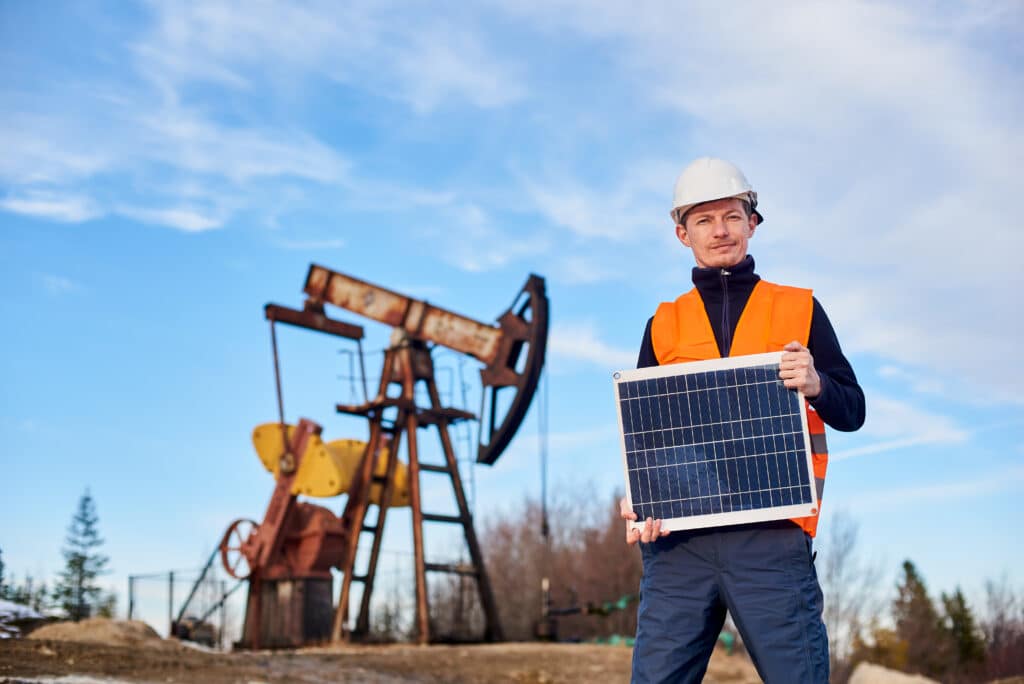
A recently published report shows that capital investments in renewables are set to surpass oil and gas investments on new projects by almost $50 billion this year. This marks the first time that global renewable investments are higher than those in fossil fuels. In countries like Germany, France, Italy, and the U.K, payback periods for solar and wind energy systems have decreased to 12 months or less, making the switch to renewable energy to be much more affordable and reasonable. Total investment in renewable energy sources is set to reach $494 billion in 2022, while oil and gas investments are expected to be $446 billion.
Solar Panel Systems remain operational during Hurricanes Ian and Fiona
Amid the devastation caused by Hurricanes Ian and Fiona in Florida and Puerto Rico, many solar owners are reporting that their solar panel systems withstood the hurricanes and operated reliably throughout the storms. Those who were fortunate to have solar power during the hurricanes were even able to share their energy with their neighbors who had lost power. In Puerto Rico, an average of 2,000 families per month are adding solar power to their homes without public support to combat the rising energy costs on the island. A 2019 law passed in Puerto Rico requires that their government-owned utility source 100% of its power from renewable resources by 2050. In Florida, the largest utility company in the state. Florida Power and Light reported that only .3% of their nearly 15 million solar panels were adversely affected by the hurricanes.
Expert Solar Providers
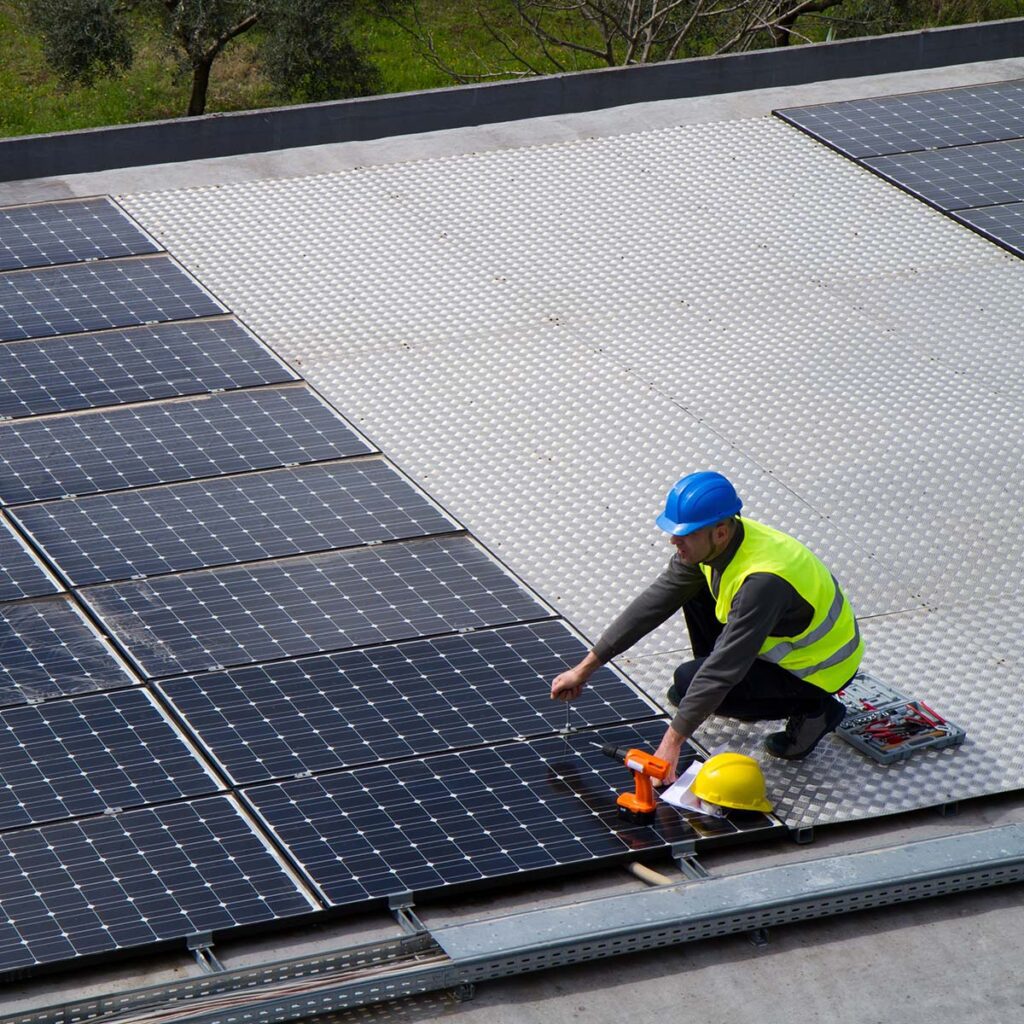
With the major push towards renewable, solar energy that is being experienced on a global scale, it is increasingly becoming clear that families and individuals in the United States stand to benefit immensely from having a solar panel system installed on their property. Between the available incentives, lower cost of energy, and a reduced carbon footprint, there are a variety of advantages that come with switching to solar. At Lumina Solar, we provide our clients with a solar plan fit specifically for them, an expert installation process, and transparent communication every step of the way. If you are ready to make the smart switch to solar energy, reach out to the professionals at Lumina Solar. Call or contact us today to get started.

